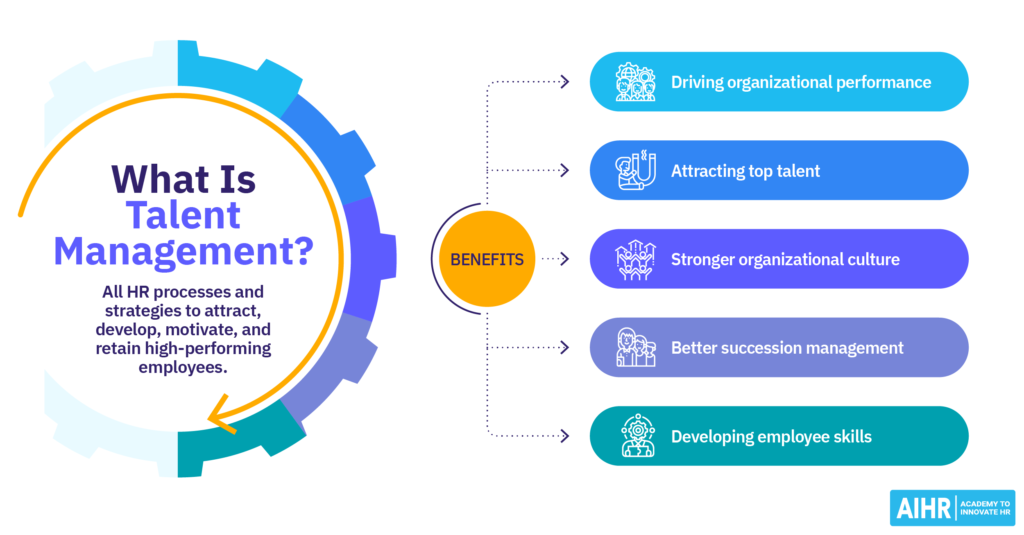In a world where financial challenges are prevalent, individuals facing overwhelming debt often seek effective solutions to regain control of their financial lives. One powerful tool in the debt relief toolbox is the Debt Management Program (DMP).
This article explores the numerous benefits of enrolling in a Debt Management Program, shedding light on how it can be a strategic and effective step towards financial recovery.
Understanding Debt Management Programs
Before delving into the benefits, it’s crucial to grasp the fundamental concept of Debt Management Programs. A DMP is a structured repayment plan facilitated by credit counseling agencies. These agencies work with creditors to negotiate lower interest rates, reduced monthly payments, and a more manageable repayment schedule for individuals struggling with unsecured debts such as credit cards and medical bills.
1. Consolidation of Multiple Debts
One of the primary benefits of enrolling in a Debt Management Program is the consolidation of multiple debts into a single, more manageable monthly payment. Instead of juggling various due dates and amounts, participants make a single payment to the credit counseling agency, which then distributes the funds to creditors. This simplification can alleviate stress and make it easier for individuals to stay on top of their financial obligations.
2. Reduced Interest Rates
A key advantage of Debt Management Programs is the potential for negotiating reduced interest rates on outstanding debts. Credit counseling agencies leverage their relationships with creditors to secure lower rates, helping participants save money in the long run. Lower interest rates mean that more of each payment goes toward reducing the principal amount owed, accelerating the path to debt freedom.
3. Structured and Realistic Repayment Plans
Enrolling in a Debt Management Program involves working with financial professionals to create a structured and realistic repayment plan. The plan takes into account the individual’s income, expenses, and debt obligations, ensuring that the proposed payments are feasible. This level of customization increases the likelihood of successful debt repayment, providing a clear roadmap to financial recovery.
4. Elimination of Collection Calls and Late Fees
Once enrolled in a Debt Management Program, participants often experience relief from incessant collection calls and the stress of dealing with overdue payments. Creditors typically agree to cease collection activities and waive late fees, creating a more supportive environment for individuals to focus on repaying their debts without the constant pressure from creditors.
5. Financial Education and Counseling
Beyond the immediate relief of debt consolidation, Debt Management Programs include an essential component: financial education and counseling. Participants gain valuable insights into budgeting, money management, and responsible credit usage. This educational aspect empowers individuals to make informed financial decisions, fostering a foundation for long-term financial stability.
6. Potential Improvement in Credit Scores
While enrolling in a Debt Management Program may initially have a minor impact on credit scores, the structured repayment and consistent payment history can contribute to gradual improvement over time. As participants successfully adhere to the repayment plan, they demonstrate financial responsibility, which is positively reflected in credit reports.
7. Faster Debt Repayment
Due to the combination of reduced interest rates and a more focused repayment strategy, Debt Management Programs often facilitate faster debt repayment. Participants can pay off their debts more efficiently, saving both time and money compared to making minimum payments on high-interest debts.
8. Flexibility in Financial Management
Debt Management Programs offer a degree of flexibility that accommodates changes in financial circumstances. If a participant faces unexpected challenges, credit counseling agencies can work with them to adjust the repayment plan, providing a level of adaptability that traditional debt repayment methods may lack.
9. A Collaborative Approach to Financial Recovery
Enrolling in a Debt Management Program involves collaboration between the individual, the credit counseling agency, and creditors. This cooperative approach fosters a sense of shared responsibility, with all parties working towards the common goal of financial recovery. This collaborative aspect can be motivating and empowering for individuals navigating the challenges of debt.
10. Peace of Mind and Reduced Stress
Ultimately, perhaps one of the most valuable benefits of enrolling in a Debt Management Program is the peace of mind it brings. The reduction in collection calls, the elimination of late fees, and the knowledge that a structured plan is in place can significantly reduce the stress and anxiety associated with overwhelming debt. Participants can focus on the steps they are taking towards financial freedom rather than feeling overwhelmed by the challenges they face.
Conclusion: A Path to Financial Freedom
Enrolling in a Debt Management Program is a strategic and beneficial step for individuals seeking to overcome the burden of debt. From simplified repayment structures to reduced interest rates and improved financial education, the advantages of these programs extend beyond immediate relief. By embracing the benefits of a Debt Management Program, individuals can pave the way to financial freedom, learning valuable lessons along the way and building a foundation for a more secure financial future.




